
News writer; Opinion columnist
In the early days of the modern American lottery, tickets cost fifty cents, the biggest jackpot payout a player could win was $100,000, and there were only one or two game options.
But as the games have grown and expanded, some scratch-off tickets now cost $100, and top prizes have grown to a billion dollars or more. Some states offer players hundreds of different games to play.
These massive prizes and the huge number of games are likely why U.S. lotteries are thriving. In 2022, players spent a combined $100 billion on tickets and games, which is more money than is spent on music tickets, movies, video games, and sports tickets combined every year.
But it wasn't always this way. While lotteries were a part of America's earliest history, they were also banned for decades. It was only in the 1960s that they slowly began to gain legality, and it took decades more for the industry to become the behemoth that it is today.
Read on to learn more about the history of the lottery in America.
Early days
Lotteries are an essential part of American history. In 1612, The Virginia Company of London sponsored a lottery to help fund the ships sent to Jamestown, one of the original thirteen colonies.
During the colonial era, lotteries were an important method of raising funds for public works projects such as roads and bridges and the raising of militias to defend against invaders.
America's founding fathers, including Benjamin Franklin, George Washington, and John Hancock, all sponsored lotteries to help pay for essential infrastructure.
The Continental Congress even held one to help raise money for the Revolutionary War, but it was a massive failure because the prize was awarded in Continental dollars, whose value fluctuated wildly.
Lotteries also helped to pay for some of America's most prestigious universities, including Harvard, Yale, and Princeton.
Thomas Jefferson was a vocal supporter of lotteries and said:
They are indispensable to the existence of man, and everyone has a natural right to pursue such one of them as he thinks most likely to furnish him subsistence.
While lotteries were initially small and intended to help cities and states raise money, their prizes and sales grew larger in the Civil War era, and they became for-profit enterprises with no connection to the public good.
The Louisana Lottery Company was established in 1868 by private entrepreneurs. Thanks to its sales agents aggressively marketing their tickets across the country, it rapidly became the biggest lottery in the world.
Tickets could be purchased for as little as one-quarter of a cent, and the biggest prize was for $600,000. Promoters drove interest in the game by holding drawings daily, monthly, and semi-annually.
Despite their massive profits, the game organizers paid no taxes due to the massive bribes they gave to Louisana lawmakers. In exchange for keeping the millions of dollars in revenue they made every year, they only had to contribute $40,000 to the New Orleans Children's Hospital.
They would even place unsold tickets into the drawing barrel, which meant that sometimes the game's owners would win their own jackpot.
Eventually, the corruption of the game's board of directors became so blatant that in 1890, Congress passed a federal law banning the sale of lottery tickets through the mail and forbidding newspapers from running advertisements for the lottery. This crippled the Louisana Lottery Company because over 90% of their revenue came from out-of-state players who bought their tickets by mail.
The directors tried to keep the game going by running it from Honduras, but further federal regulations made it impossible to run a lottery as a business, and by 1894, there were no more lotteries left in the United States.
The return
The current era of the American lottery began during the Great Depression when the first legal lottery in the country's modern history was established in Puerto Rico in 1934. However, it would be another thirty years before a U.S. state legalized the lottery.
The first U.S. state to authorize a lottery was New Hampshire in 1964. At the time, the state was one of three in the country without any form of sales tax and was heavily reliant on property taxes. Lawmakers wanted to generate more revenue without raising taxes and decided that a lottery was the best way to do it.
The games were an instant hit, and they sold $5.7 million worth of tickets in the first year. The biggest jackpot payout was for $100,000.
Over the next decade, several other states, primarily located in the North East, followed: Connecticut, Delaware, Illinois, Maine, Maryland, Massachusetts, Michigan, New Jersey, Ohio, Pennsylvania, Rhode Island, and Vermont.
These early versions of the lottery were much slower-paced than what we know today. Without daily drawings or instant-win prizes, players generally had to wait weeks to learn if they had won. Games were raffle-style, meaning that players couldn't even pick their own numbers.
The golden era for legalizing lotteries was the 1980s when seventeen more states voted to authorize them, including California and Florida, Arizona, Colorado, Idaho, Indiana, Iowa, Kansas, Kentucky, Missouri, Montana, Oregon, South Dakota, Virginia, Washington, West Virginia, Wisconsin and the District of Columbia.
This coincided with a growth in instant-win scratcher tickets, first introduced in Massachusetts in 1971, which drove even more player interest.
In the '90s and 2000s, Georgia, Louisiana, Minnesota, Nebraska, New Mexico, Texas, North Carolina, North Dakota, Oklahoma, South Carolina, and Tennessee all finally launched their own lotteries, meaning that gaming was now legal in 90% of the country.
Each state runs its own set of games according to its own rules, and there are even different rules regarding taxes. While winners in New York must pay almost 9% of their prize in state taxes, winners in California, Florida, New Hampshire, South Dakota, Tennessee, Texas, Washington, and Wyoming don't have to pay anything at all to the state.
As of today, the only U.S. states that have never had a legal lottery are Alabama, Alaska, Hawaii, Nevada, and Utah. However, Alabama is currently voting on a bill that would authorize a lottery in the state.
Multi-State
Every state ran its own individual lottery until 1985, when Maine, Vermont, and New Hampshire formed the country's first multi-state lottery, known as the Tri-State Lottery. The goal was to provide more enormous jackpots and attract players crossing state lines to win bigger prizes in New York and Massachusetts.
With the success of the Tri-State Lottery, the Multi-State Lottery Association was formed in 1987 and launched an even bigger multi-state draw game. This was initially known as Lotto America, but the name was changed to Powerball in 1992.
The first Powerball drawing was held in April 1992 and featured a jackpot of $5.9 million won by a player in Indiana.
While Powerball initially started between just five states and the District of Columbia, by 1996, twenty-two states were participating, and the minimum grand prize had grown to two million dollars.
With the largest jackpots in the country, Powerball rapidly became America's most popular lottery game. By 2012, it was earning $4 billion in ticket sales and accounted for 6% of total lottery sales.
Powerball also offered the first-ever billion-dollar jackpot when the prize for the January 2016 drawing grew to $1.537 billion. The prize was ultimately split between three players in Chino Hills, CA, Munford, TN, and Melbourne Beach, FL, who each held winning tickets.
The biggest jackpot in U.S. history was also another Powerball prize worth $2.04 billion, which Edwin Castro of Altadena, CA, won on November 7, 2022.
In 1996, a second multi-state game was launched under the name The Big Game, and tickets were sold in Georgia, Illinois, Maryland, Massachusetts, Michigan, and Virginia. Large jackpots driven by bigger player pools made The Big Game an instant success, and in May 2002, the name was changed to Mega Millions.
Mega Millions joined the billion-dollar club on October 23, 2018, when an anonymous player in South Carolina won $1.5 billion.
While multi-state games offer massive jackpots, they also have far worse odds of winning the biggest prizes. The likelihood of winning a Mega Millions jackpot is 1 in 302.6 million.
Digital gaming
Americans are some of the most online people in the world, and they collectively own over 310 million smartphones. That's why online gaming is the next frontier for lottery players.
Currently, playing games over your phone is only legal in a few states, such as Virginia, Georgia, and New Hampshire, but online ticket buying has grown faster. Eighteen states allow players to buy tickets over their phones through apps like Jackpocket.
Revenue from online games represents just a small fraction of overall lottery sales, but it is projected to grow quickly. Online lotteries collected a total of $5.3 billion in the United States, but that number is projected to grow to $7.13 billion by 2028.
However players get their games, it's safe to say that the future of lottery gaming in America is strong and will continue to grow.
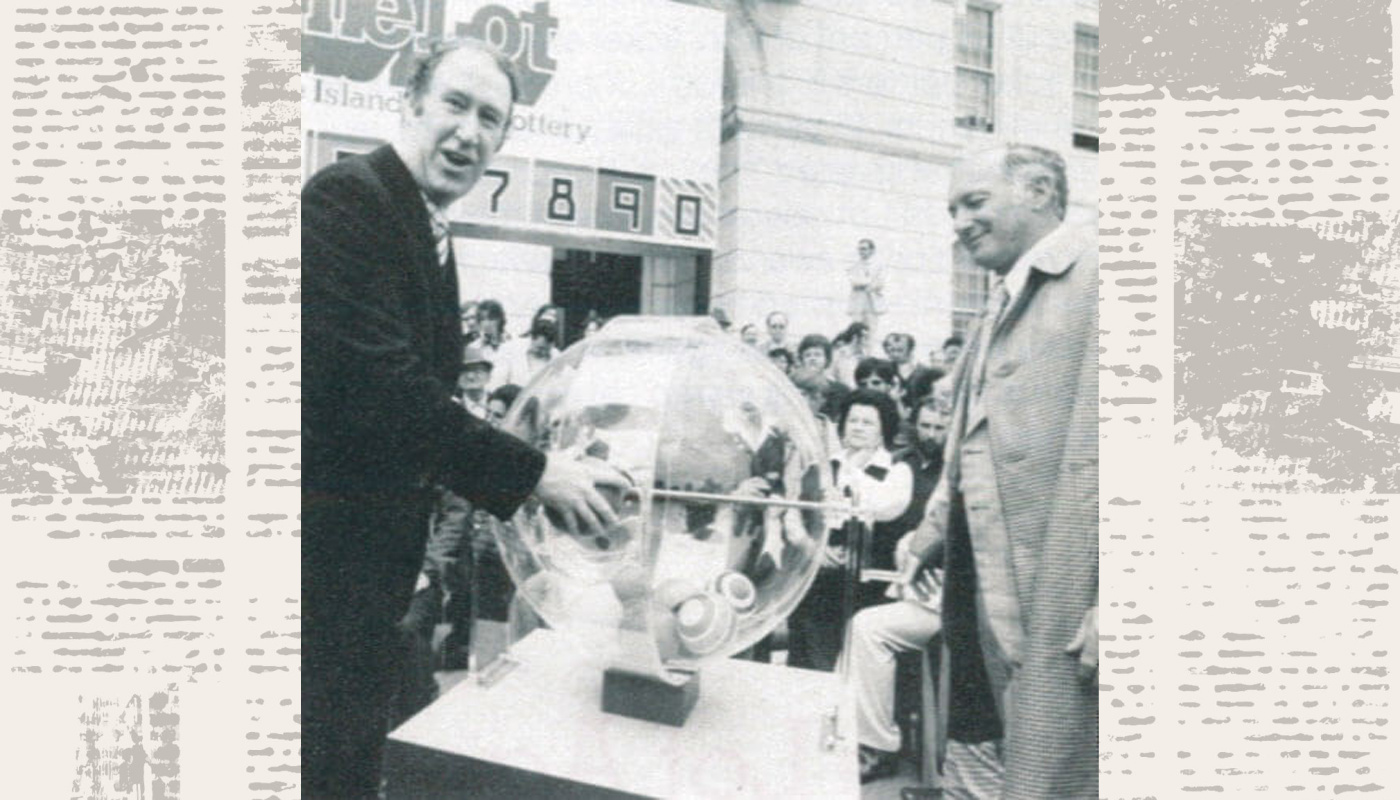


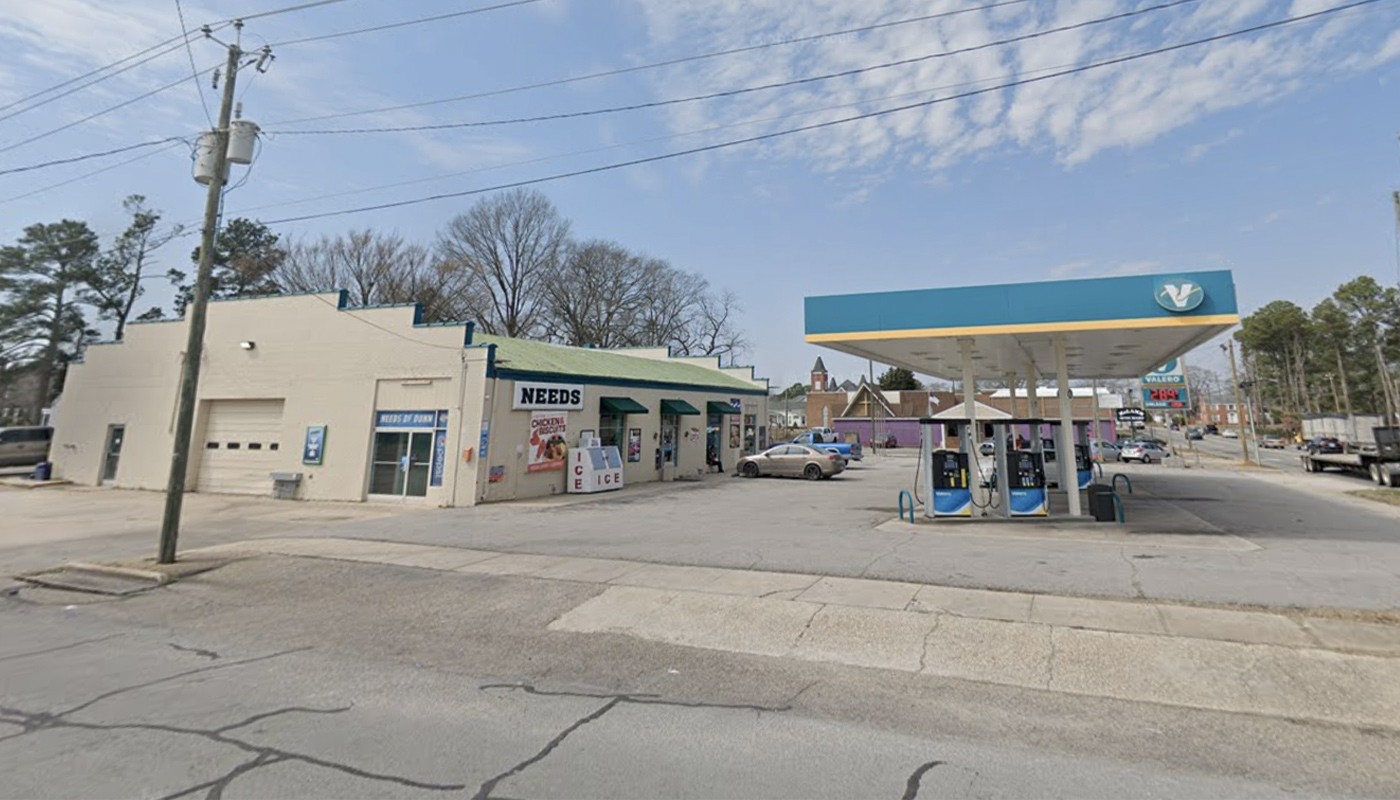

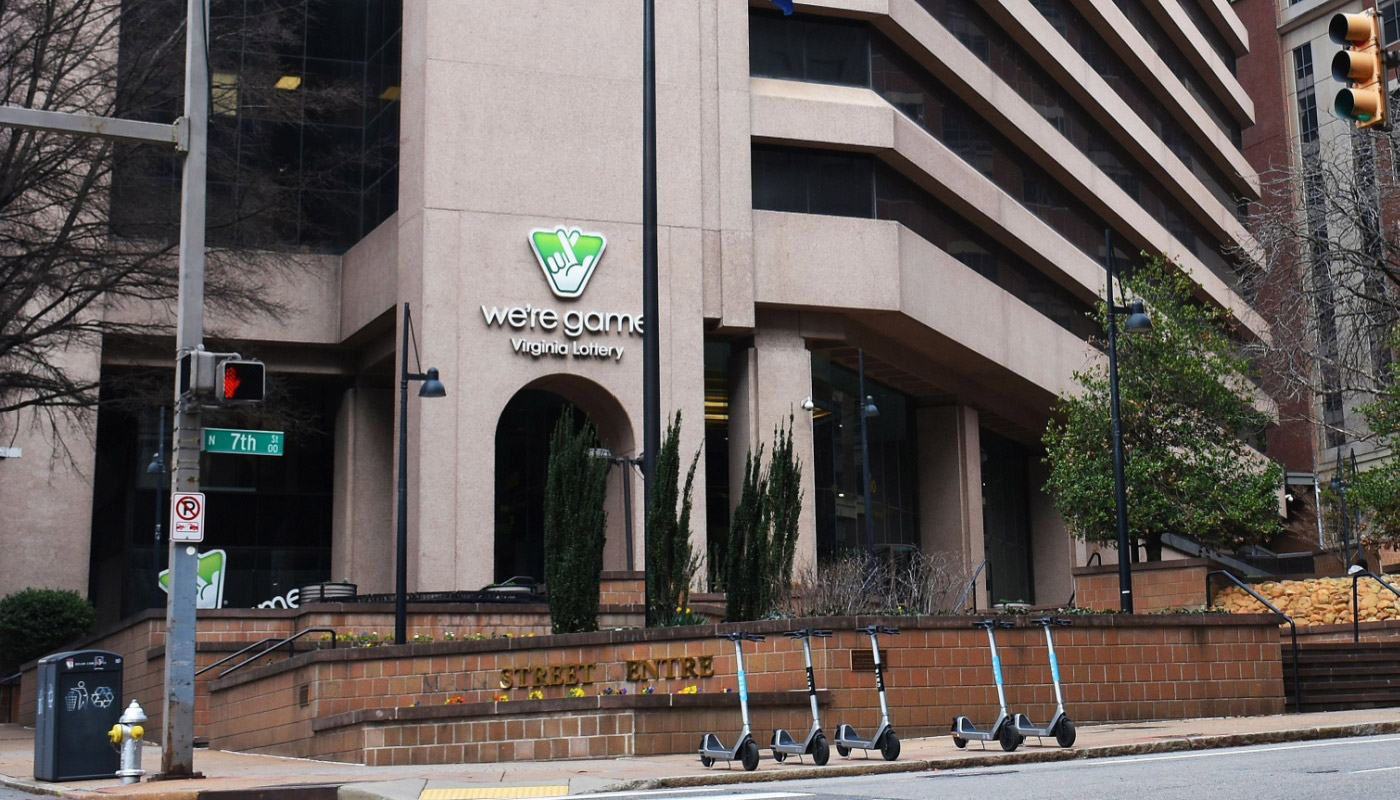
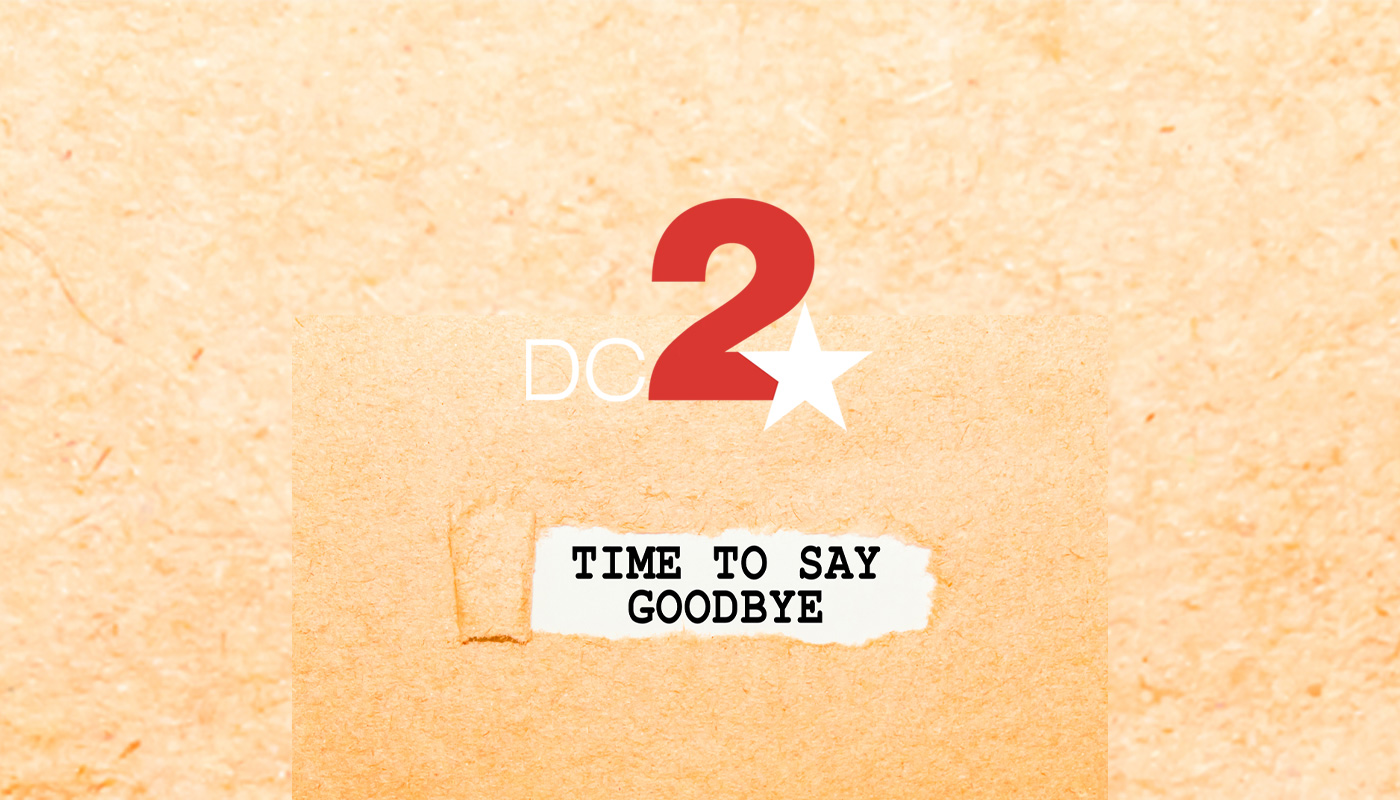

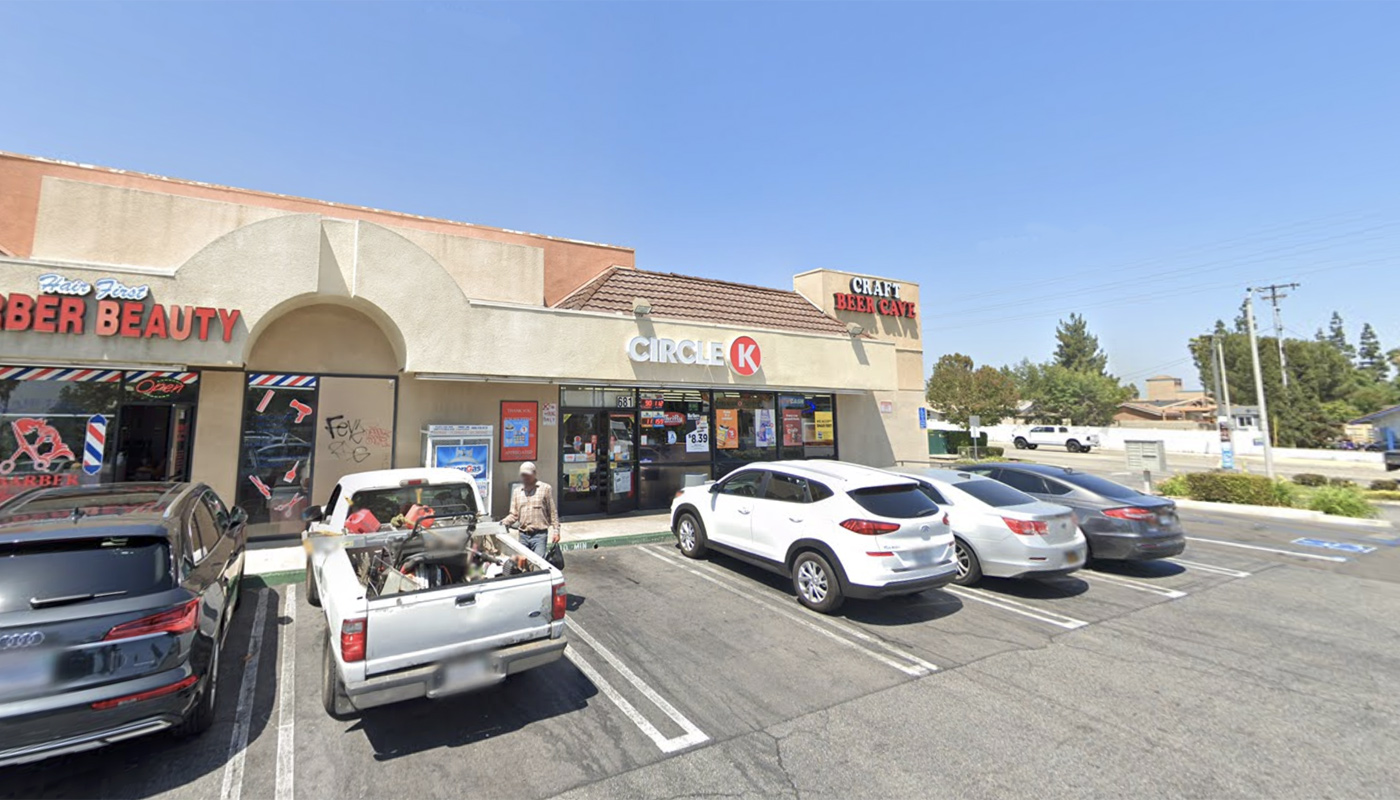
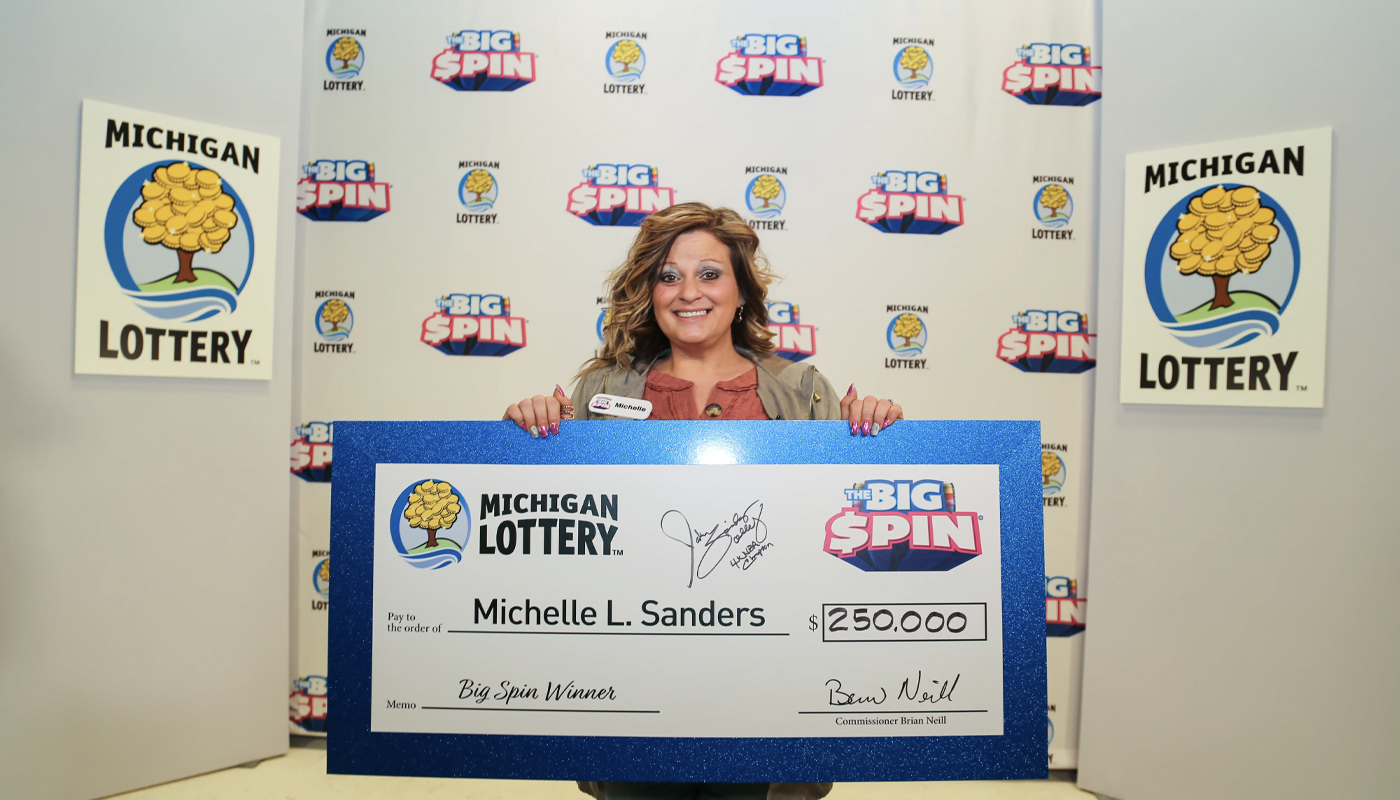









Comments